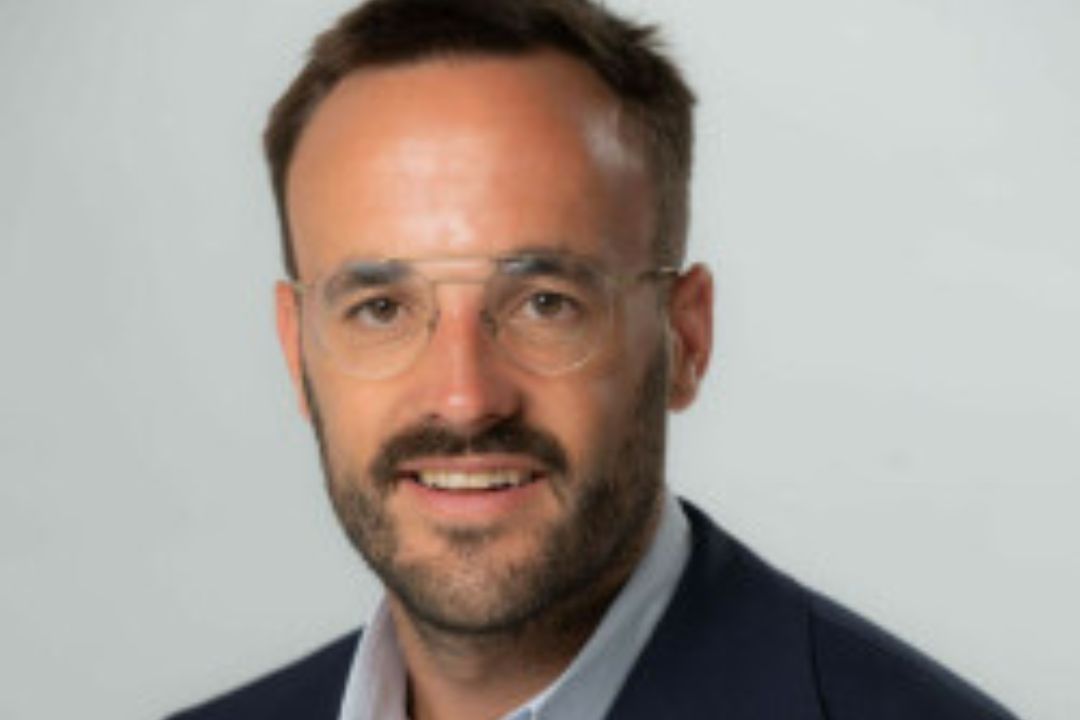27th May 2019
During the exclusive Round Table “Commercialization push: industry needs and life science research in Poland”, Mikołaj Gurdała, Innovation Manager at InnoStars emphasised the uniqueness of the EIT Health partnership. “We distribute funds to commercialize innovative products in EU. At the same time we also accompany the talented teams too. We support their journey from start to finish and we know their market and their challenges.” Additionally, Prof. Lucyna Woźniak, Chairwoman of Medical University of Lodz (a Core Partner of EIT Health) underlined the impact of EIT Health: “It is one of the biggest public-private partnership, consisting of over 150 key players in the EU who develop innovations in healthcare”, said Prof. Lucyna Woźniak.
This was the second round of Round Table discussions regarding the commercialization of life sciences. During the first round, the attendees drafted current challenges that the Polish market faces in terms of transformation of scientific ideas into products for industrial use. Delegates discussed that the majority of grants currently go to physics and chemistry projects, with life science in only third place. What’s more, it was discussed that scientists in Poland should be subject to the same rules as businesses. The attendees also identified an urgent need for a real working framework involving local academics, local biotech firms and international big pharmaceuticals that really works. EIT Health can respond to that.
During the second meeting – with participation of EIT Health representatives – discussions were primarily focused around possible pathways to transform science. It was indicated that such a transformation will be possible once:
- All actors: academia, industry and administration are aware that innovation is about managing risk, not avoiding it
- Stakeholders join or start to build long-term partnerships and the substantial gap between academia and industry is bridged
Prof. Lucyna Woźniak also pointed out that the effective partnerships between industry and academia are already quite well-developed in Poland, but that they require higher mutual proactivity. “Good partnerships are also about going and scouting for talent mutually. Publications in Nature journal may be beneficial, but asset scouting is also important”. Mikołaj Gurdała also recognized the importance of teams. “You can have a great idea, but without a team, long-term collaboration won’t be possible”.
Many explained that there are very good and competitive ideas coming out of Polish universities. What they are lacking, compared to Oxford for instance, is the ability to commercialize such ideas effectively. TTO centres should be developed and trained to scout professionally for those ideas and to commercialize them on the market. Another challenge is to listen better to real business needs and also contribute to further business education of Polish scientists. They still lack the knowledge of how to transform the scientific idea into a market product. “EIT Health answers those needs on different levels. As well as funding projects, we accompany scientists and innovators throughout the whole innovation process: from initial idea to ready-to-go products that can be developed at scale to enter foreign markets”, summed up Mikołaj Gurdała. EIT Health InnoStars expressed their interest and willingness to join and facilitate the third phase of Round Table talks.
Europe's top health start-ups take centre stage: EIT Health Catapult winners are revealed at HLTH Europe

2025 Catapult programme winners announced.
Finding Europe’s next healthtech leaders: Insights from Antoine D’Hollander

Insights from Antoine D’Hollander, Capricorn Partners.
EIT Health supports 17 promising deep tech start-ups bridge the ‘Valley of Death’

Providing start-ups with the right support.